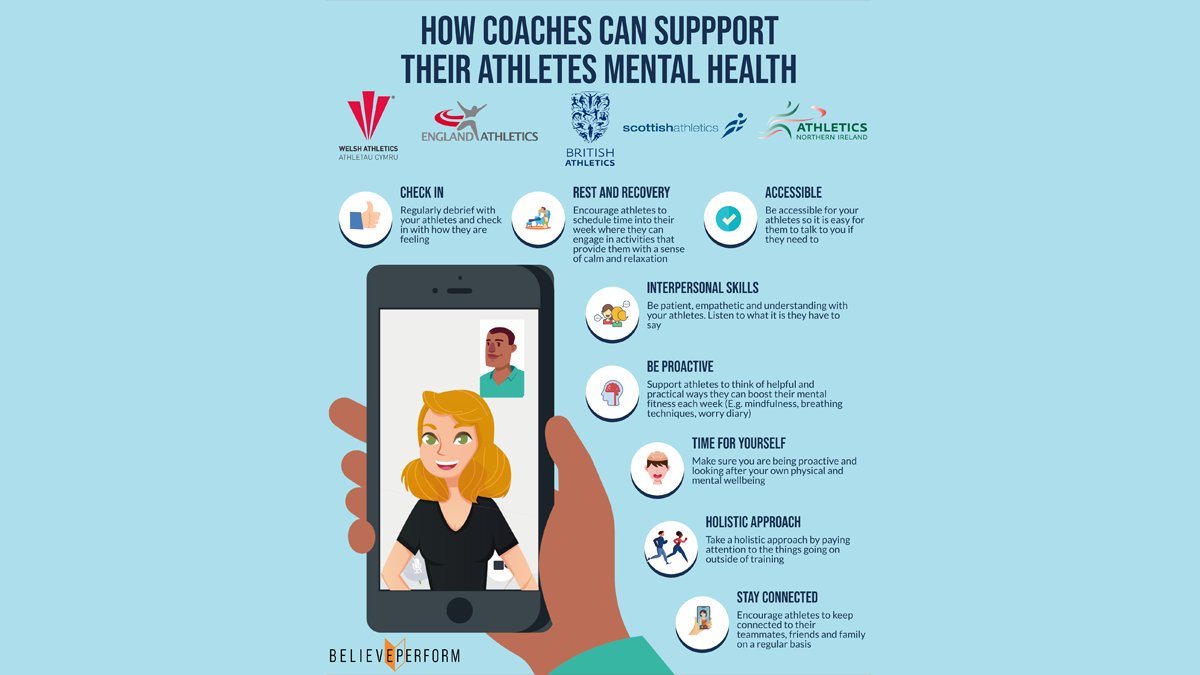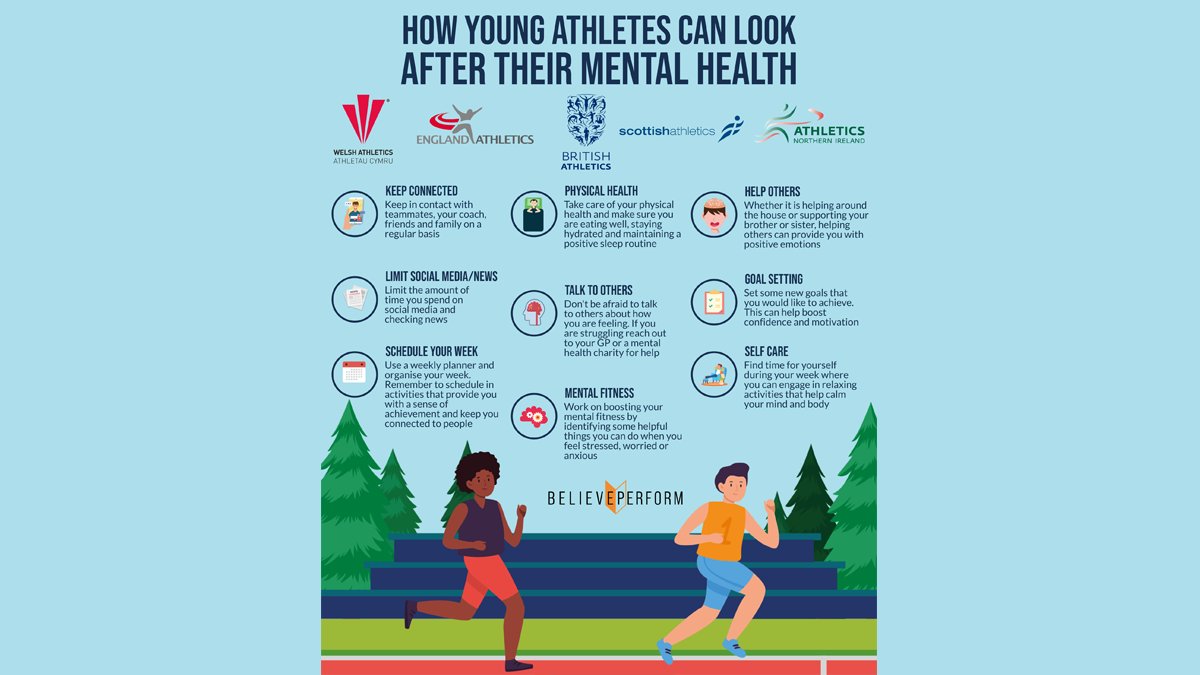Smith PJ, Merwin RM. The Role of Exercise in Management of Mental Health Disorders: An Integrative Review. Annu Rev Med. 2021 Jan 27;72:45-62.
Numerous epidemiological studies have demonstrated that lower amounts of physical activity (PA) or greater amounts of time spent in sedentary behaviors are associated with greater risk of poor mental health. In a recent study of 1.2 million US adults, in which participants were matched across numerous background and demographic factors, individuals who exercised reported better mental health functioning compared to non-exercisers.
Prospective studies focusing on specific mental health conditions have reported similar findings, suggesting that greater habitual PA may protect against the development of various mental health conditions. For example, a recent meta-analysis of 49 prospective studies across nearly 267,000 individuals demonstrated that higher levels of PA associated with reduced odds of developing depression across age groups.
PA also prospectively associated with lower odds of developing elevated anxiety symptoms and anxiety disorders in a recent meta-analysis of more than 80,000 individuals.
Examination of the literature linking exercise to mental health suggests that exercise training is beneficial for a broad array of mental health outcomes, although the strength of treatment benefit appears to vary across populations and training modalities. The present literature base could be characterized as having three overarching mechanistic hypotheses, which are useful in framing hypotheses regarding treatment improvements:
- mental health is improved in association with physical/hedonic effects of exercise,
- exercise improves mental health via neurobiological mechanisms,
- exercise is a vehicle for cultivating behavioral mechanisms of change (e.g., self-regulatory skills and self-efficacy).
We contend that exercise training likely improves mental health through synergistic influences of both neurobiological and behavioral learning mechanisms. Within this framework, training improves neurobiological systems critical for adaptive learning, as well as affective and cognitive control processes, resulting in synergistic improvements in the regulation of both cognitive and affective responses through a “virtuous circle” of reinforcement.







